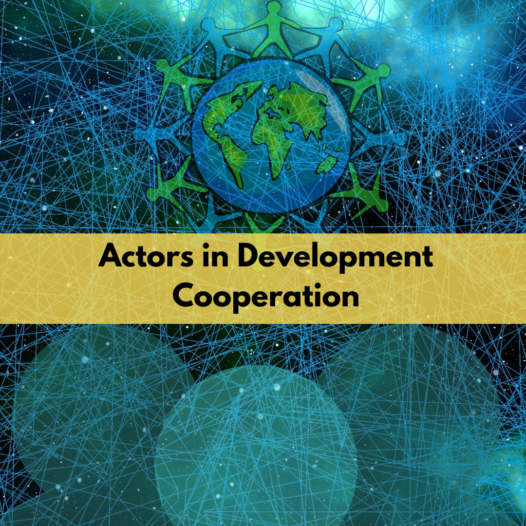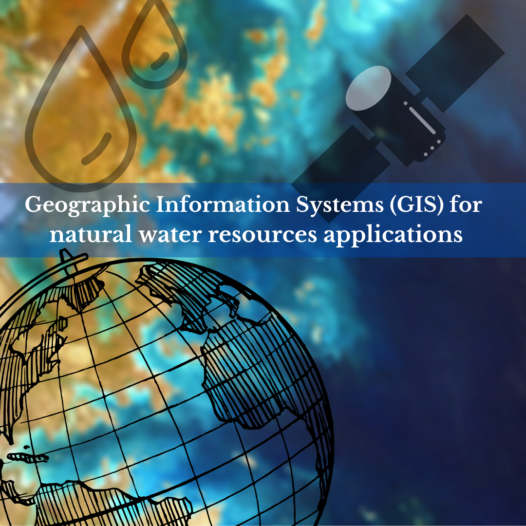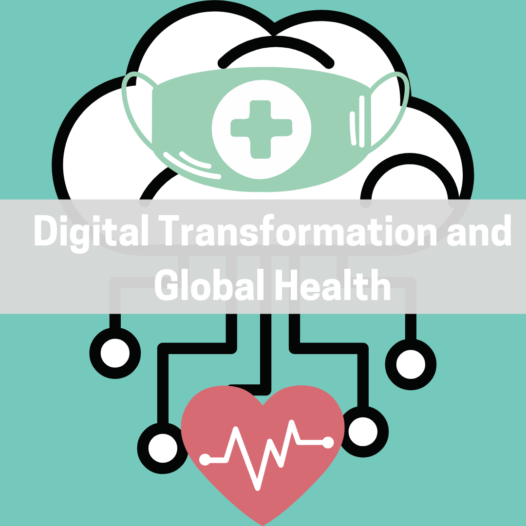Financial Management
The course combines the practice of budgeting and financial decision making with knowledge related to the analysis of financial statements.
Public Policy and Reform Management
The students are familiarised with the various determinants of successfully managing developmental reforms, i.e. of initiating, implementing and enforcing change.
Actors in Development Cooperation
The course engages with Sustainable Devel-opment Goals (SDGs), particularly the implications of SDG 16 (“Peace, Justice and Strong Institutions”) and SDG 17 (“Partnerships for the Goals”) for international development actors.
Feminist Perspectives on War
The seminar introduces students to the feminist perspectives in International Relations.
Critical Security Studies
Upon completion of this course students should:
Have substantial knowledge of the main issues, trends and problems of traditional and critical approaches to security.
Be able to apply theoretical ideas to empirical case studies.
Be able to developed well-articulated arguments concerning central questions of security studies.
Have practiced and improved the ability to present, write and discuss academic topics in English.
Geographic Information Systems (QGIS) for natural water resources applications
This course is meant for students and professionals in the field of water and natural resources with very basic information about GIS and it is functionalities.
Solar Thermal Energy
Students gain knowledge on: Assessment of solar thermal ambient parameters: regional global, diffuse, reflected solar radiation on horizontal and on tilted plane, ambient temperature Solar thermal collectors Solar thermal heat exchangers Solar thermal storages Solar thermal systems and their operation Characterization of solar thermal system Asessment methods for solar system behaviour Registration for […]
Digital Transformation and Global Health
The course aims to equip the global audience to reflect on the overall impact of digitalisation on healthcare systems and on international development cooperation in the healthcare sector. Participants will learn to identify opportunities and challenges that the digital transformation brings to the healthcare sector globally, evaluate and assess digital options, identify and prioritize necessary (or unnecessary) digital projects and structure them as well as learn how these projects respond to policy priorities and stakeholder needs. The participants will explore the role of digital health interventions in Continuous Quality Improvement of healthcare services for achievement of Universal Health Coverage.







